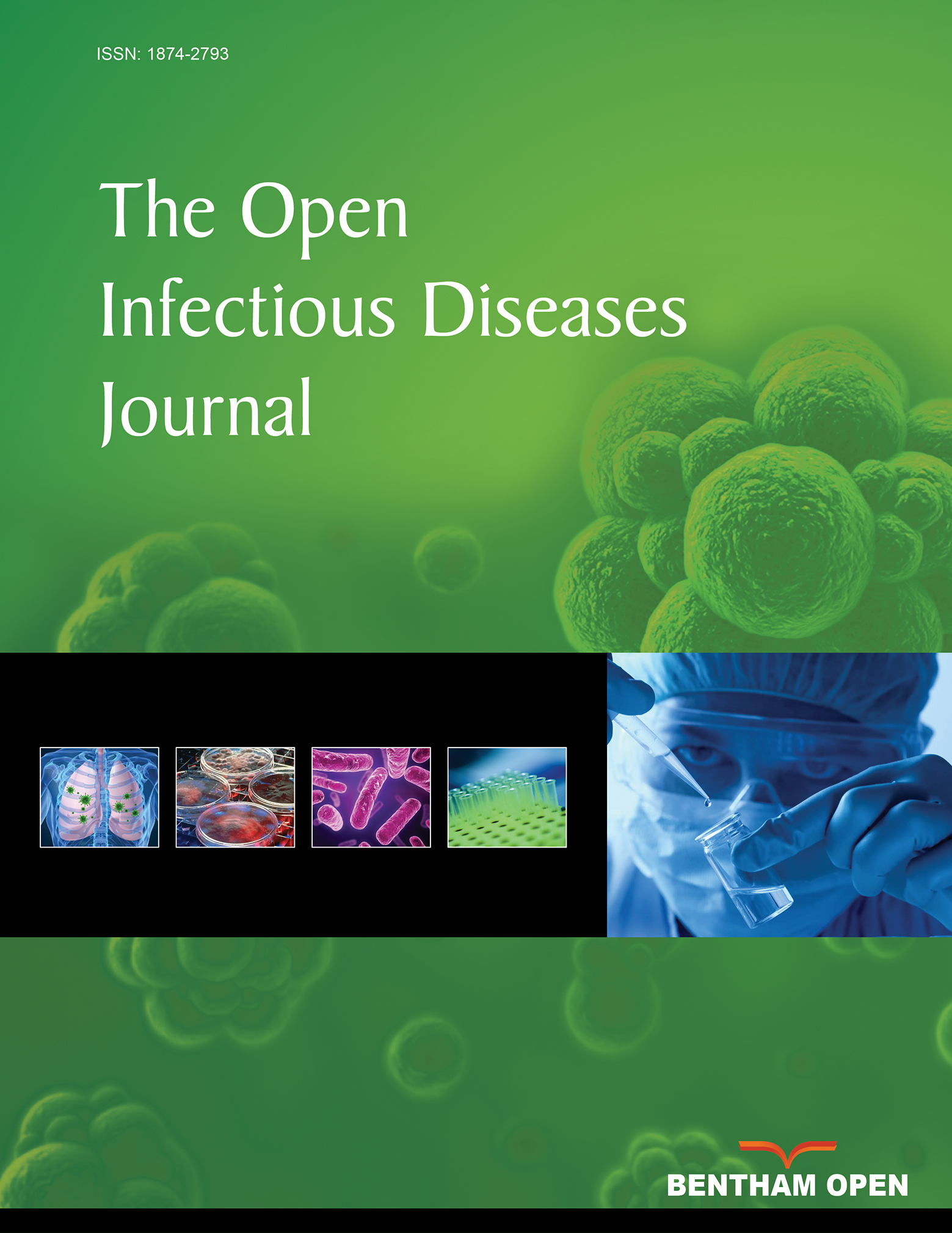All published articles of this journal are available on ScienceDirect.
Developments in Plant-Based Vaccines Against Diseases of Concern in Developing Countries
Abstract
Vaccination has been extensively used to prevent, eradicate and control infectious diseases. However, the development and implementation of new vaccines remains prohibitively expensive for middle and low income countries where such measures are surely needed most. The production of plant-based vaccines provides a promising alternative to create affordable biological products. In the past decade, a growing number of research groups worldwide have studied plant expression and parenteral or oral delivery of vaccine antigens, some showing promising potential. Here, we describe the basis of the system and the state of the art of developments regarding diseases of concern in developing countries.


